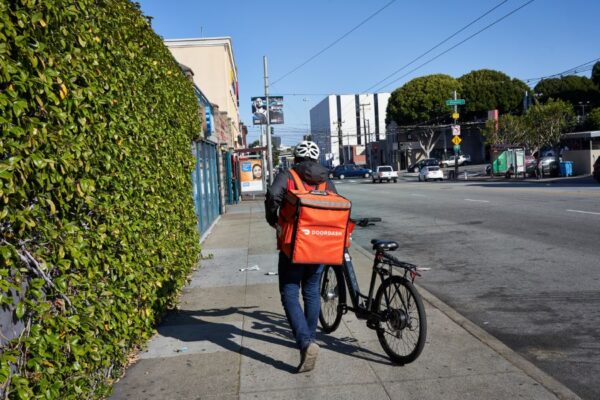The Inflation Reduction Act: What’s in It for You?
Earlier this year, United Way of King County was among several organizations that were hopeful for the passage of the federal Build Back Better Act. The $2 trillion package proposed by the Biden Administration was all but historic: It included a broad swath of social services and safety net agendas that would have benefitted millions of Americans nationwide.
But after months of political wrangling, the bill stalled then died, dashing the hopes of many who work tirelessly to tackle issues Build Back Better would have addressed, including concerns with childcare, healthcare and child nutrition.
Now, there is new federal legislation that, though not as far-reaching as Build Back Better, could address many safety-net concerns. The Inflation Reduction Act of 2022 includes the largest climate investment in US history and could help lower heating and cooling costs while creating climate industry jobs. It also addresses health care and prescription drug costs, and—as its name implies—includes measures to help lower inflation.
The Inflation Reduction Act comes as the nation grapples with high food, energy and gas prices triggered by historic inflation rates (more than 10 percent inflation hike in Seattle alone). Unlike Build Back Better, the Inflation Reduction Act passed the U.S. Senate. Congress could vote on the legislation as early as August 12.
How would the Inflation Reduction Act affect the lives of King County residents? What’s in it for you? We sat down with Colleen Laing, United Way director of systems change and public policy, for answers to those and other questions about the legislation.
United Way of King County: In a nutshell, what issues will the Inflation Reduction Act address?
Colleen Laing: Although the Inflation Reduction Act is vastly slimmed down from Build Back Better, it will still help low-income Americans. Here’s how: The act will lower prescription costs for seniors paid for by savings from Medicaid negotiating drug prices with pharmaceutical companies. It will ensure three or more years of premium subsidies for Americans purchasing medical insurance on the private market. The premiums would have expired at the end of 2022 under the Affordable Care Act.
The Inflation Reduction helps lower inflation by making large investments in deficit reduction. It makes a historically large investment in pivoting to green energy to fight climate change, including tax rebates for electric vehicle purchases and tax credits for wind/solar investments for consumers as well as larger investments in manufacturing.
United Way of King County: So, no one should assume that this is Build Back Better lite.
Colleen Laing: Correct, but it’s still an opportunity to get some really important things done. We’re getting things that aren’t social service related, and that’s great. Yay, climate. Yay, earth. Yay, green economy. But In terms of the social services system, we have some critical needs, including pandemic-related needs.
United Way of King County: While it has its benefits, the Inflation Reduction Act was stripped of key items before being passed by the Senate. One of the key items removed from the Inflation Reduction Act before it reached Congress is funding for childcare. How critical is this?
Colleen Laing: The childcare system has never been a “system.” Childcare financing in every other developed country is largely a national lift funding wise. That’s never been the case here. We have an opportunity to build on the infrastructure we already have in childcare, in terms of the way the feds push money out to states and make sure that nobody pays more than 10 percent of their income in childcare and that the lowest-income families pay no more than seven percent of their income for childcare. That would be transformative. And we all know that the pandemic threw a wrench in this already struggling system.
United Way of King County: Another provision that was removed from the Inflation Reduction Act was child nutrition provisions included in Build Back Better—as well as extension of free school meals legislation. Is it possible that these measures might be reinstated before passed by Congress?
Colleen Laing: There’s apparently enough momentum to get them included. There’s a big advocacy push that United Way is participating in. Specifically, Child Nutrition Act Reauthorization allows schools to continue offering free meals to all students through the 2022-23 school year, countering the impacts of inflation on families. What we know is that it’s really hard for hungry kids to do well in school. The feds have systems for funding food, but they aren’t as flexible as people need. Parents are going in and out of eligibility for subsidized meals. We need more time for free school meals for everybody.
United Way of King County: How is the Inflation Reduction Act financed?
Collen Laing: The Inflation Reduction Act is paid for with a 15% minimum tax on businesses earning over $1 billion in profits.





Comments